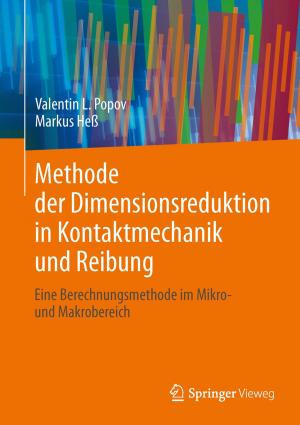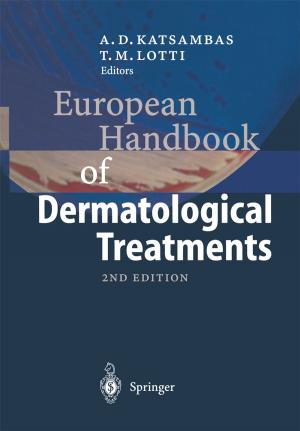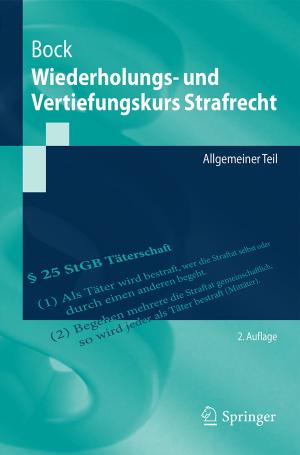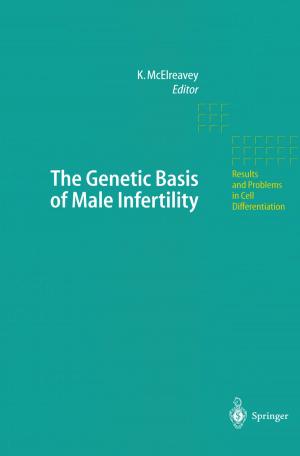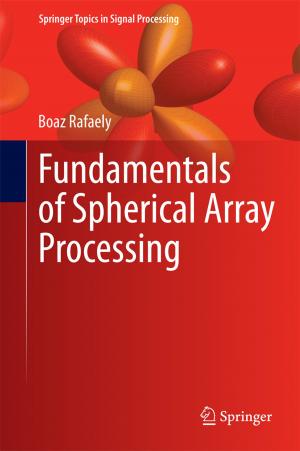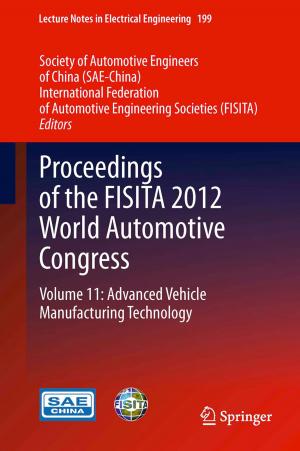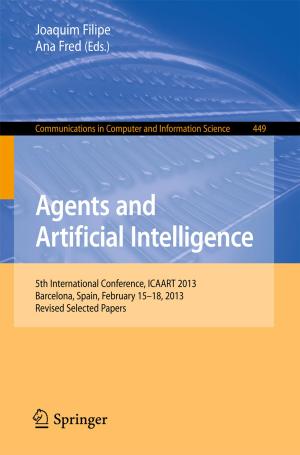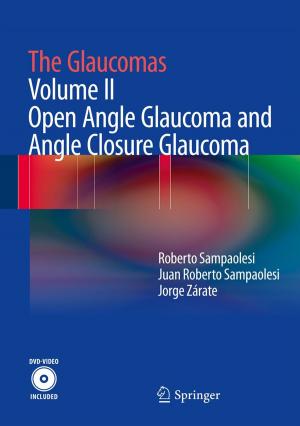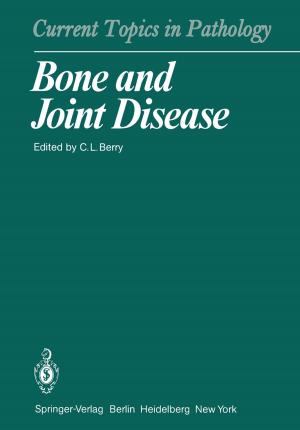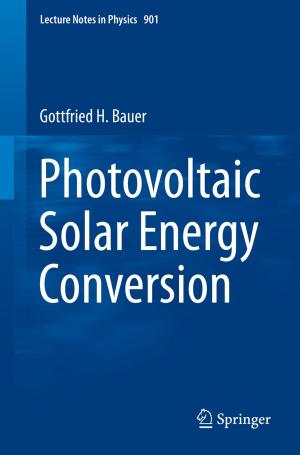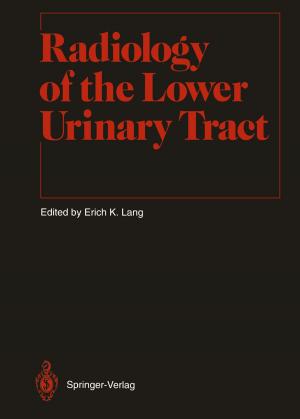Fundamentals of Computational Geoscience
Numerical Methods and Algorithms
Nonfiction, Science & Nature, Technology, Remote Sensing, Science, Earth Sciences| Author: | Chongbin Zhao, Bruce E. Hobbs, Alison Ord | ISBN: | 9783540897439 |
| Publisher: | Springer Berlin Heidelberg | Publication: | April 21, 2009 |
| Imprint: | Springer | Language: | English |
| Author: | Chongbin Zhao, Bruce E. Hobbs, Alison Ord |
| ISBN: | 9783540897439 |
| Publisher: | Springer Berlin Heidelberg |
| Publication: | April 21, 2009 |
| Imprint: | Springer |
| Language: | English |
Geoscience is a fundamental natural science discipline dealing with the origin, evolutionary history and behaviour of the planet Earth. As a result of its complicated and complex nature, the Earth system not only provides the necessary materials and environment for mankind to live, but also brings many types of natural disasters, such as earthquakes, volcanic eruptions, tsunamis, ?oods and tornadoes, to mention just a few. With the ever-increasing demand for improving our living standards, it has been recognized that the existing natural resources will be exhausted in the near future and that our living environments are, in fact, deteriorating. To maintain the sustainable development of our living standards and the further improvement of our living environments, an inevitable and challenging task that geoscientists are now confronting is how accurately to predict not only the occurrences of these natural disasters, but also the locations of large concealed natural resources in the deep Earth. For this reason, geoscientists must study the processes, rules and laws, by which the Earth system operates, instead of simply describing and observing g- science phenomena.
Geoscience is a fundamental natural science discipline dealing with the origin, evolutionary history and behaviour of the planet Earth. As a result of its complicated and complex nature, the Earth system not only provides the necessary materials and environment for mankind to live, but also brings many types of natural disasters, such as earthquakes, volcanic eruptions, tsunamis, ?oods and tornadoes, to mention just a few. With the ever-increasing demand for improving our living standards, it has been recognized that the existing natural resources will be exhausted in the near future and that our living environments are, in fact, deteriorating. To maintain the sustainable development of our living standards and the further improvement of our living environments, an inevitable and challenging task that geoscientists are now confronting is how accurately to predict not only the occurrences of these natural disasters, but also the locations of large concealed natural resources in the deep Earth. For this reason, geoscientists must study the processes, rules and laws, by which the Earth system operates, instead of simply describing and observing g- science phenomena.

